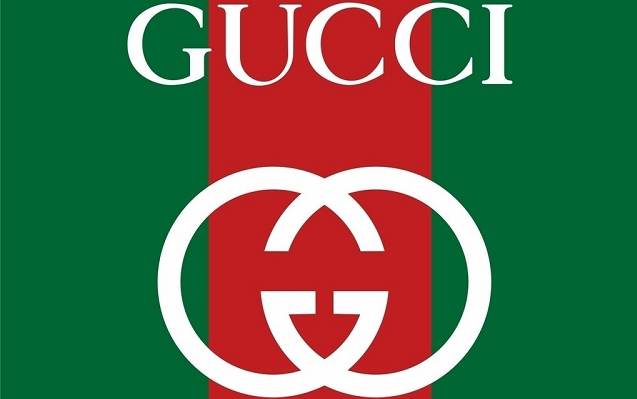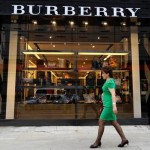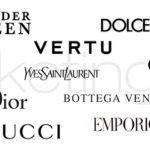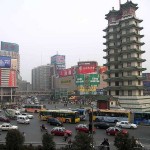Luxury Brands In China: Luxury Car, Hermès and Gucci
As China became the world’s largest auto market, the rate of luxury car sales has doubled. In the year of 2002, Bentley officially opened China’s market . In 2009, 421 Bentley cars was sold and China has become Bentley’s third largest market, only following the United States and Britain. In July 2010, Bentley established the Bentley College in Shanghai, aimed at training Bentley dealers who understand the essence of its brand culture. Nowadays, with the prosper of sports and entertainment industry, the number of young Chinese rich people rised sharply. Therefore, Bentley targeted at the younger generation and promoted more young models. Different from other countries, China’s large territory made it harder for companies to sell solely depending on dealers. As a result, Benley hosted activities like dinners, previews to invite loyal customers like celebrities and large companies’ CEOs to have a better Benley experience.
However, when those luxury brands kept busy expanding scales in China, problems also came out. Although luxury goods are considered to have excellent quality and best service, some are questioned by Chinese customers. Take Hermès for an example.To attract Chinese customers, Hermès created a new brand—“Shangxia”,which blended Chinese ancient crafts and Hermès’s high quality. This action was a first in Hermès history and it reveals the company’s determination in opening Chinese market. However, recently Hermès was criticized by the Chinese public of being arrogant. On June 15th , Hermès anounced that French police destroyed a counterfeiting ring specialized in manufacturing, distributing and selling fake Hermès bags in Europe, America and Asia. Soon later, the CEO, Patrick Thomas said that more than 80 percent of Hermès products are counterfeits. “This definitely is a shame .”.However, they refused to provide counter inspection services in China, which caused public discontent. Chinese customers think that the company is irresponsible and the brand quality would finaly come to a trust crisis. Meanwhile, in after-sales service, Hermès even treats China differently, which damages its own reputation among Chinese customers.
Simillar quality crisis happened to Gucci. In 2012, Gucci’s parent company PPR SA plans to open 110 stores this year, half of them in Asia. The global brand president and chief executive officer, DE Mark said that Gucci will open 10 stores in China this year while last year the number being six. Later online, one Weibo user broke the news that the Gucci store manager in Beijing Shin Kong recently tried to report a case of one of its ten thousand yuan bags had been stolen. Nevertheless, the police did not file a criminal case for the reason that the bag’s purchase price was just a few hundred yuan. Even though Gucci asserted that the bag’s purchase cost was definitely not “just a few hundred yuan”, the inccident still caused many customers’ frustration and suspicion about Gucci’s true worth. The case reveals that some luxury brands focused only on distribution in Chinese market and overlooked the product itself.















